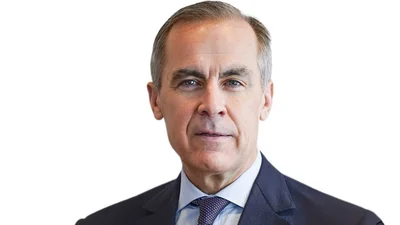Dean Rieck, Executive Director at Buckeye Firearms Association | LinkedIn
Dean Rieck, Executive Director at Buckeye Firearms Association | LinkedIn
Voters on November 5 signaled a desire for change, electing Donald Trump as President over Vice President Kamala Harris. Trump secured both the popular vote and an Electoral College victory of 312-226. The U.S. House is expected to remain under Republican control, while the Senate has shifted to a larger Republican majority.
President-elect Trump's win was notable across various demographics, with crime and gun policies being significant issues for voters. He garnered historic support in traditionally Democratic states like New York and California, with significant swings towards him noted in New York (11.5%), New Jersey (10.1%), Massachusetts (8.7%), and California (8.4%).
Despite this shift, several governors are pursuing efforts to "Trump proof" their states ahead of his administration, focusing on protecting state policies they believe may be threatened by federal changes.
California Governor Gavin Newsom declared he is "ready to fight" against the incoming administration's potential impact on state policies, despite his state's challenges with crime and recent legislative controversies related to gun control.
New York Governor Kathy Hochul also dismissed the electoral message by calling Trump supporters "anti-American." She has convened experts to develop strategies against perceived policy threats from Trump's presidency, including those related to gun rights.
In Illinois, Governor JB Pritzker took a defiant stance following Trump's election victory, emphasizing his commitment to opposing any federal encroachments that conflict with state values.
Governors from other states such as Massachusetts' Maura Healey and New Jersey's Phil Murphy have expressed similar intentions to uphold strict gun control measures despite possible federal opposition under Trump's leadership.
These actions reflect a broader trend among certain state leaders who appear determined to maintain their current policy directions irrespective of national political shifts.






 Alerts Sign-up
Alerts Sign-up